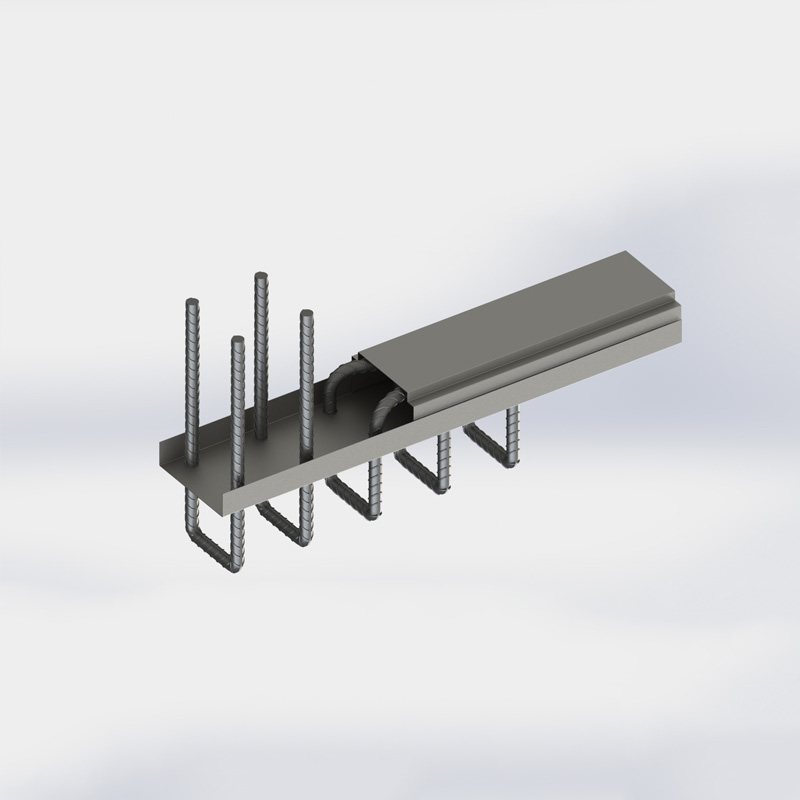
- Mobile Phone
- +8613931874955
- sales@cntcmetal.com
cattle fencing cost per metre
The Costs of Cattle Fencing per Metre A Comprehensive Overview
When managing a cattle ranch, fencing is one of the most essential components to consider. It serves not only as a physical barrier to keep livestock contained but also as a protection against potential predators. Understanding the costs associated with cattle fencing per metre can help ranchers make informed decisions that align with their budget and operational needs.
Types of Fencing Materials
The first step in calculating cattle fencing costs is identifying the type of fencing material required. There are several common types of fencing used in the cattle industry, each with its own cost implications
1. Barbed Wire Fencing This is one of the most economical options for cattle fencing. It consists of strands of barbed wire that can be stretched between posts, creating a deterrent for animals. Depending on the quality, the cost can vary but generally ranges from $1 to $3 per metre.
2. High Tensile Wire Fencing Slightly more expensive than barbed wire, high tensile wire is stronger and less likely to sag over time. Its cost is usually around $1.50 to $4 per metre. Ranchers often prefer it for its durability and longevity.
3. Wooden Post and Wire Fencing This traditional option involves using wooden posts to support various types of wire fencing. The cost of wooden posts can add significantly to the expense, often bringing the total cost to between $5 and $10 per metre, depending on the type of wood and quality used.
4. Electric Fencing While initially more costly due to the electronic components, electric fencing can be a cost-effective solution in the long run. The installation costs typically range from $2 to $6 per metre, with ongoing electricity costs that should also be considered.
5. Composite Fencing Composite materials are becoming increasingly popular due to their longevity and low maintenance requirements. While they are often more expensive, costing $8 to $15 per metre, they may be worth the investment for ranchers looking for a long-term solution.
cattle fencing cost per metre

Additional Factors Affecting Cost
Apart from the material costs, several other factors can impact the overall expense of cattle fencing
1. Labour Costs The installation of fencing can be labor-intensive. Hiring professionals or skilled laborers can add significantly to the overall cost. Depending on the region and complexity of the job, labor costs can range from $2 to $5 per metre.
2. Terrain The type of terrain on your property can also influence costs. Rocky or uneven land may require additional materials for installation, such as concrete or additional posts, thereby increasing costs.
3. Length of Fencing Buying in bulk may result in lower costs per metre. Therefore, the length of fencing required can have a significant impact on the overall budget. Larger areas usually benefit from economies of scale.
4. Permits and Regulations In some areas, there might be legal requirements for fencing types and heights, especially if adjacent to public land. Ranchers should be aware of any permits or regulations that may affect their fencing choices and costs.
5. Maintenance and Repair It's crucial to budget for ongoing maintenance. Fences require regular inspections and repairs, and factoring these costs into the overall investment is essential for sustained functionality.
Conclusion
In conclusion, the cost of cattle fencing per metre can vary widely based on the type of material and additional factors such as labor, terrain, scale of the project, regulatory requirements, and maintenance needs. Ranchers must carefully evaluate their options and consider both initial and long-term costs to choose the right fencing solution for their cattle operations. An accurate budget not only helps in selecting the appropriate fencing type but also ensures the well-being of the livestock and the effective management of the ranch. Whether opting for a cost-effective solution or investing in high-quality materials, the right choice in fencing can significantly impact the overall productivity of a cattle operation.
share:
-
The Ultimate Solution for Display Needs: Wire Grid PanelsNewsMay.06,2025
-
The Ultimate Guide to Galvanized Steel WireNewsMay.06,2025
-
Iron Binding Wire: The Ideal Solution for Your NeedsNewsMay.06,2025
-
Explore the Strength and Versatility of Galvanized Welded Wire FabricNewsMay.06,2025
-
Discover the Durability and Versatility of PVC Galvanized WireNewsMay.06,2025
-
Discover Quality China Stainless Steel Wire MeshNewsMay.06,2025
-
Understanding Wall Ties: Types and ImportanceNewsApr.28,2025



















